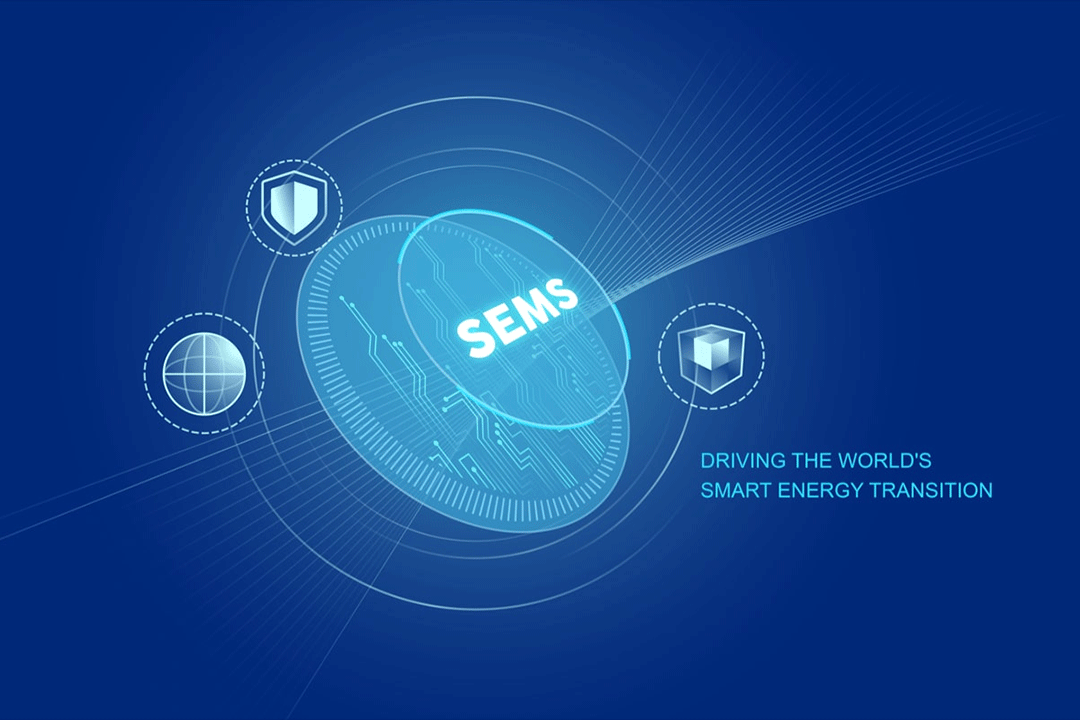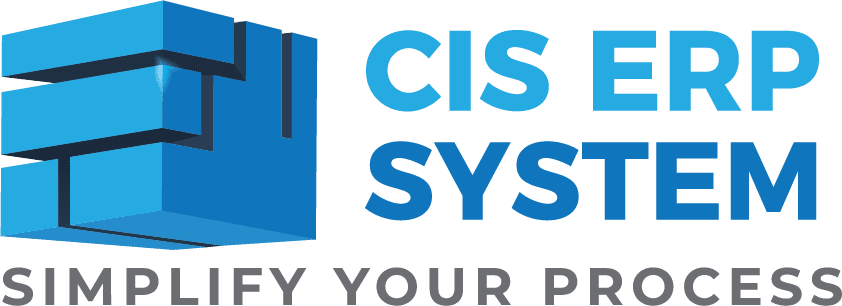
SMEs are under pressure to enhance performance, manage growth, and maintain efficiency while navigating increasing complexity. Many depend on disjointed tools that are unable to scale or communicate effectively. This results in delays, errors, and missed opportunities.
Custom ERP software provides businesses with a competitive advantage. It aids in unifying operations, automating routine tasks, and delivering accurate, real-time insights. Rather than juggling multiple systems, business owners can concentrate on strategy, customer service, and growth.
Think of it as a support system that clears your desk, connects your data, and helps you focus on the bigger picture. Whether you’re managing orders, tracking inventory, or leading a growing team, this software can take the load off your shoulders and bring clarity to your operations.
What is Custom ERP?
Custom ERP is software built around your business. Unlike ready-made solutions, custom ERP fits your exact processes. It includes only the tools you need, nothing more. That means no clutter, no confusion, and no compromise.
You get to choose how it works, what it tracks, and who uses it. Whether you need inventory management, accounting, HR, or sales tools, your system has it all in one place. It adapts as you grow and changes in response to your evolving needs.
Why Do SMEs Need a Custom ERP Solution?
Small businesses typically start with basic tools. But as they grow, those tools fall short. You might use spreadsheets, free apps, or a basic accounting tool. Over time, these create more work, not less.
A custom ERP solution brings everything together. It helps you manage operations, sales, inventory, HR, and finance without switching between systems. More than that, it grows with you. You don’t need to start over when your business expands. You just add what you need.
Benefits of Custom ERP Software for SMEs
1. Tailored to Fit Your Needs
Generic systems don’t know your business. They come with too many tools you’ll never use. A custom ERP solution gives you only what you need. No more. No less.
You can create workflows that match your daily routines. Your team won’t need extra training. It’ll feel natural and familiar from day one.
2. Lower Long-Term Costs
Indeed, custom ERP software costs more upfront. But in the long run, it saves you money. You don’t pay license fees. You don’t waste money on unused features. And you won’t need to buy new tools every time your business changes.
It’s a smart investment. One that pays for itself over time.
3. Easier Integration with Current Systems
Many SMEs already use some kind of tool, such as accounting apps, CRM platforms, or e-commerce sites. Custom ERP connects all of them. No more copying data between systems. No more errors. Everything works together.
4. Better Efficiency Through Automation
Manual work wastes time. A custom ERP automates many tasks. It sends invoices, tracks payments, updates inventory, and more.
Your team gets to focus on what matters: growing the business. Not paperwork.
5. Improved Data Security
Security is a top priority. Especially when handling sensitive business or customer data, off-the-shelf software often stores your information on shared servers.
With custom ERP, you choose where and how to store your data. Add passwords, user roles, and backup options that fit your needs.
6. Real-Time Insights and Reporting
Waiting for reports slows you down. Custom ERP gives you instant access to key metrics. Track your sales, monitor inventory, and view your business performance—all in real-time.
When you have clear data, you make better decisions. Faster.
7. Grows With You
Your needs today aren’t the same as they’ll be next year. That’s why a custom ERP system is so valuable. It grows with you.
You can add features, expand to new markets, or support more users. No need to switch systems. No extra learning curve.
8. Simplifies Business Operations
The key strength of custom ERP software is centralization. With sales, HR, and accounting all connected, your team works faster and more efficiently. As a result, operations run smoother across the board.
Cons of Custom ERP
Like all tools, custom ERP has its challenges. First, it takes time to build. You need to work with developers to create your perfect system. And yes, it may cost more at the beginning.
Also, the initial development requires precise planning and regular communication with the software team. Without it, you risk delays or features that don’t match your real needs. Some SMEs may also face a learning curve when switching from simple tools to a complete ERP system.
Another thing to consider is maintenance. As your business grows, you can add new features or integrate with other systems. That means ongoing updates and technical support, which can add to your costs.
Despite these drawbacks, most SMEs find that the payoff is worth it. You save time, reduce errors, and gain control over your business processes.
Understanding Custom ERP Cost
Custom ERP cost varies. It depends on several key factors. Let’s take a closer look at what affects the final price:
1. Features and Modules
The more features you want, the higher the cost. If you need erp modules for HR, sales, inventory, and customer management, the software takes more time and effort to build.
2. Number of Users
Costs also depend on how many people will use the system. More users mean more licenses, more training, and sometimes extra development for access control.
3. Cloud-Based or On-Site Setup
A cloud-based system might come with subscription costs, while an on-site version needs servers and IT support. Each choice has different upfront and ongoing expenses.
4. Customization and Scalability
Highly customized systems are more expensive. However, if you plan to scale your business, investing in flexibility now can save money later.
5. Integration with Existing Tools
Integrating your ERP with tools like QuickBooks or Shopify may increase initial costs. However, it also saves time and reduces the risk of data entry errors. More importantly, it should be viewed as an investment rather than just an expense.
However, this integration can help you avoid future technology upgrades, additional software purchases, or complicated workarounds. For most SMEs, the long-term benefits far outweigh the upfront costs.
Conclusion
Ultimately, the decision to choose the custom ERP software for SMEs lies in the hands of owners who are eager to scale their business. However, before selecting the right software, one should always consider the benefits, cost and cons.

